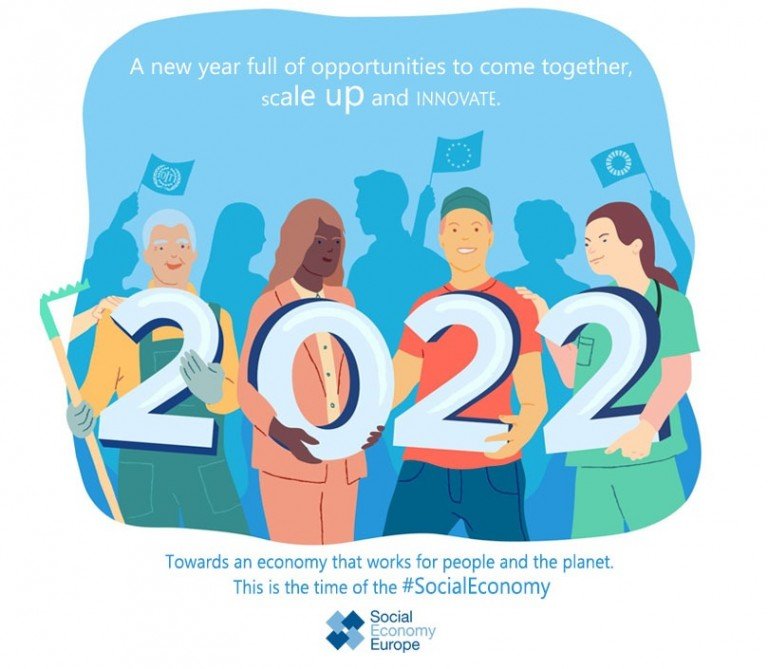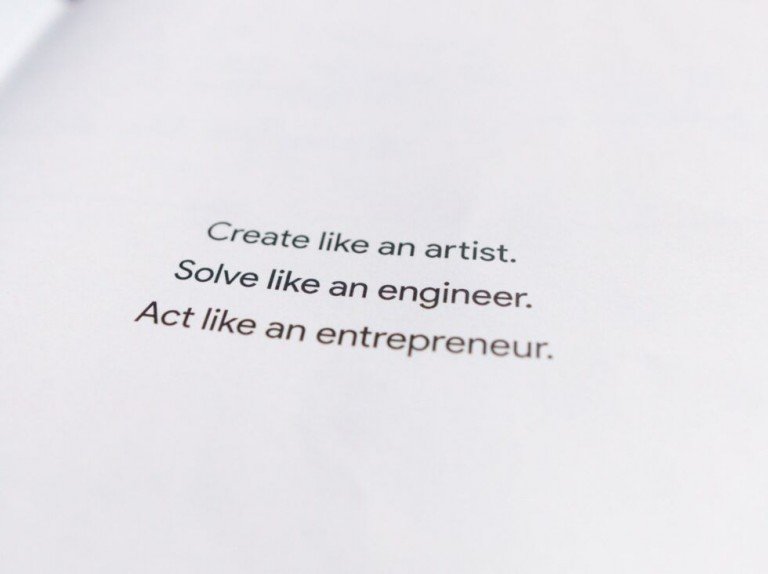Apply for The Yunus & Youth Global Fellowship (online)
The Yunus & Youth Global Fellowship (Y&Y Fellowship) is a virtual, six-month program that is designed specifically for operating social businesses. The program is free, with no fee or equity stake required, and the application season is now open for the seventh global cohort. The Y&Y Fellowship gives you the skills you need to achieve financial sustainability, plan how to scale your business, and measure your impact.
Eligibility
You are eligible if you
Lead an early-stage social business that solves a social or environmental issue aligned with the UN Sustainable Development Goals;
Hold primary decision-making power in the growth and strategic vision of their social business, typically as a founder or managing director;
Can dedicate at least 5 hours per week to the Y&Y Fellowship;
Will contribute to the growth and development of the Y&Y community;
Can communicate effectively in English;
Are between the ages of 18 and 30, with exceptions for outstanding applicants outside that range.
Benefits
The fellowship includes:
Online training: Y&Y Fellows access training on an online platform, including interactive assignments designed to help Fellows build a strong business plan.
Tailored to the needs of each Fellow: The Y&Y team works closely with each Y&Y Fellow to connect them with the specialized tools and training they need.
Mentors from Fortune 500 companies: Y&Y Fellows are matched with mentors from Fortune 500 companies, bringing know-how from the private sector.
Insights from top sources: Y&Y offers Fellows the opportunity to learn from top social business thinkers, such as Professor Muhammad Yunus and researchers from prominent institutions.
Final pitch competition: At the end of the program, Y&Y Fellows pitch to a panel of investors with deep knowledge of social businesses.
Global community: Y&Y Fellows become part of a network of social business leaders, building close ties that last long after their cohort graduates.
DEADLINE June 20, 2021








